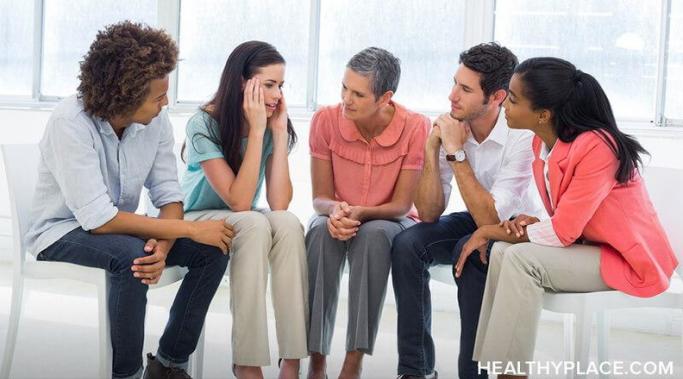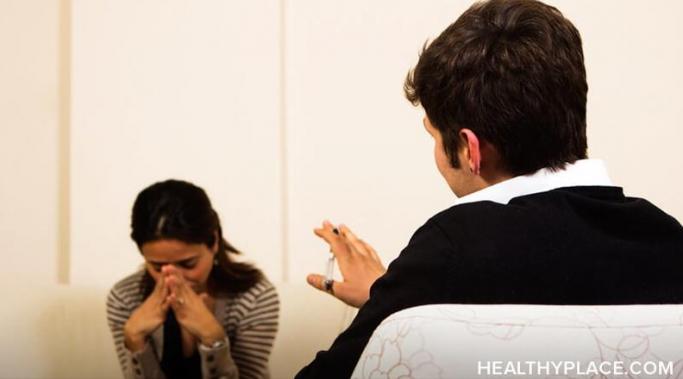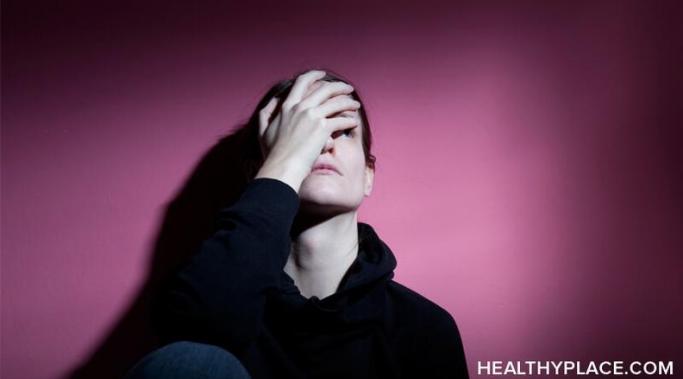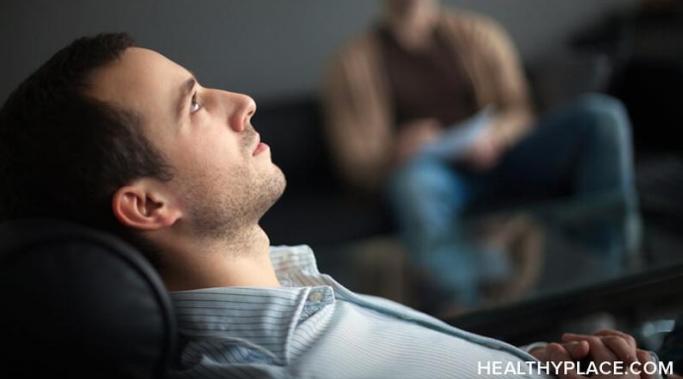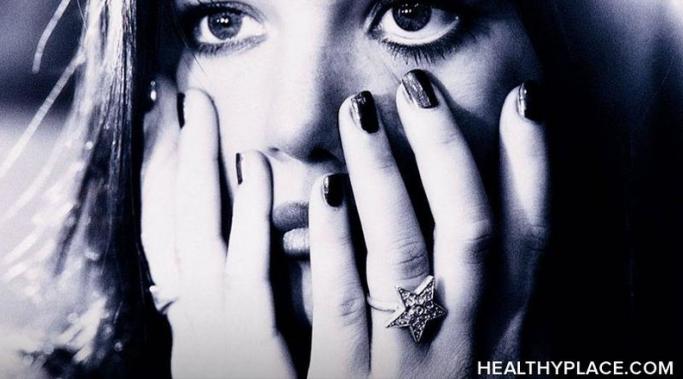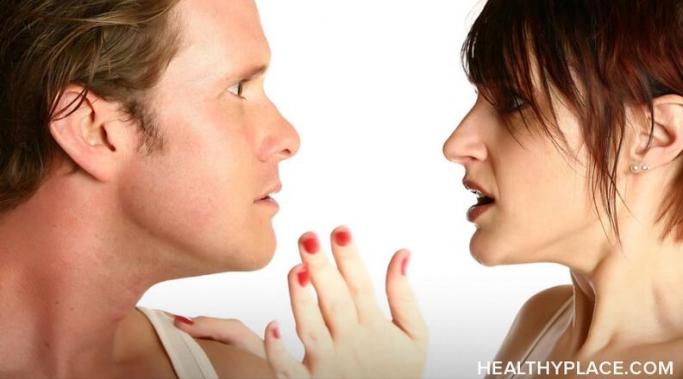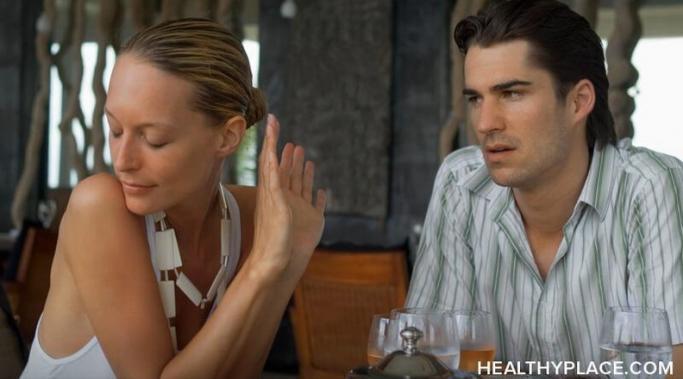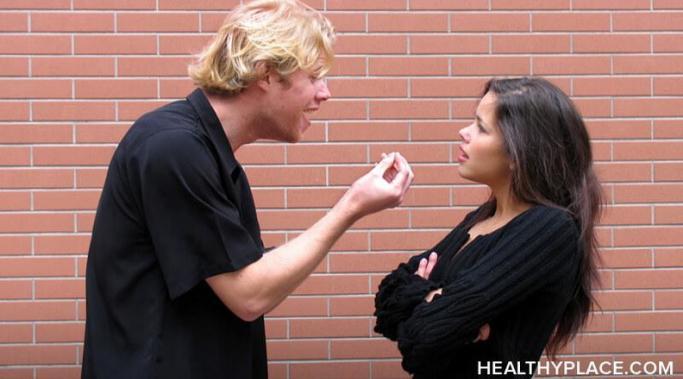Setting healthy boundaries now that my abusive relationship has ended is one of the most difficult things I’ve had to figure out recently.
Verbal Abuse in Relationships
What many people often fail to understand about leaving an abusive relationship is that it isn't the end of the pain. It’s only the beginning of a new kind of pain, as recovery begins and we start to fully recognize everything we've lost. We also begin to understand what we've gained. Gaining something, however, can be painful too at first because it means something has changed and that we can never go back to the way things once were.
I recently saw a quote in which someone was lamenting the fact that there were more articles describing narcissism and narcissistic abuse than how to heal after abuse. I thought it was a strange distinction to make. When survivors of narcissistic abuse read articles about narcissism and narcissistic abuse, that is a form of healing after abuse.
Leaving your abuser is a process. I left my abuser dozens of times before it was finally over.
Most survivors of relationship abuse have probably not heard the term "coercive control," but they've almost certainly experienced it.
I've come face-to-face with many myths that re-traumatize victims of abuse while recovering from an abusive relationship amidst a roller coaster of emotions. For me, it has brought on a lot of guilt and anxiety about how it has impacted my other relationships. It's one thing to write about it so openly, knowing others who have been through the same thing will read it and relate to it. It's another thing to talk about it with people I'm close to who haven't experienced it, unsure of how they will react. I've often found myself at a loss for how to explain or even share what I've been through in those situations. Sometimes, the way people respond to me show how societal myths re-traumatize victims of abuse.
There is an explosion in pop culture TV right now depicting how abusers are grooming their victims for abuse and I have mixed feelings about it.
What is the difference between abusive behavior and normal behavior? What counts as verbal abuse? The idea itself seems pretty straight-forward. Yet everyone has said things in anger they regret. Everyone has also had their feelings hurt by the words of others. But are those words abusive? How can we tell the difference?
Reacting to verbal abuse is the most natural, but not the best, choice; instead, learning to respond to verbal abuse is something you can do. For example, if you've ever been in a situation where someone is verbally abusing you, you've probably had the urge to do one of four things: get away as soon as possible to avoid the abuse, smooth over the aggression, zone out or freeze up and wait for it to end, or fight back.
Victim blaming typically happens from the outside looking in, but there was a large amount of blaming myself for the verbal abuse aimed at me during my abusive relationship. There were many times when there was a voice inside of me wondering if it was my fault that my boyfriend verbally abused me. This, despite the fact that I knew it shouldn't be happening.
